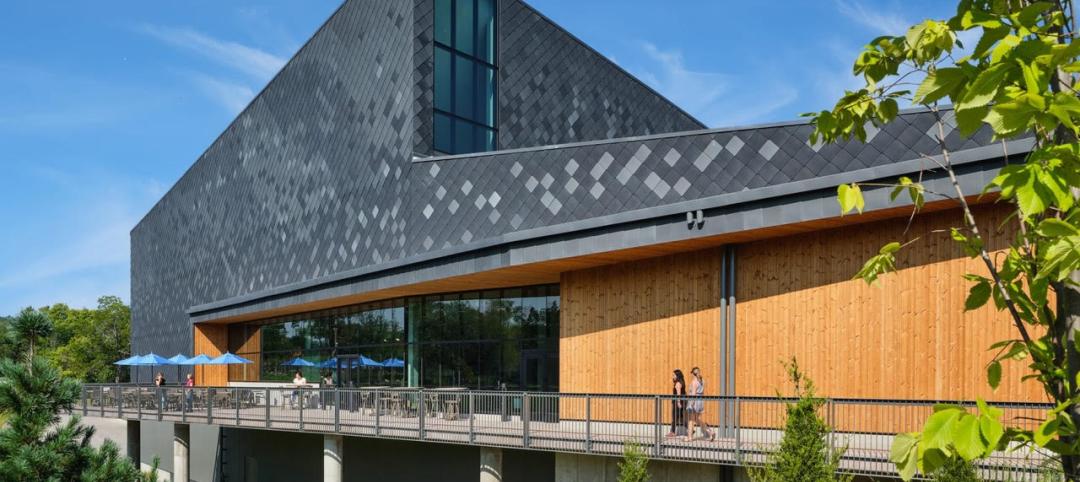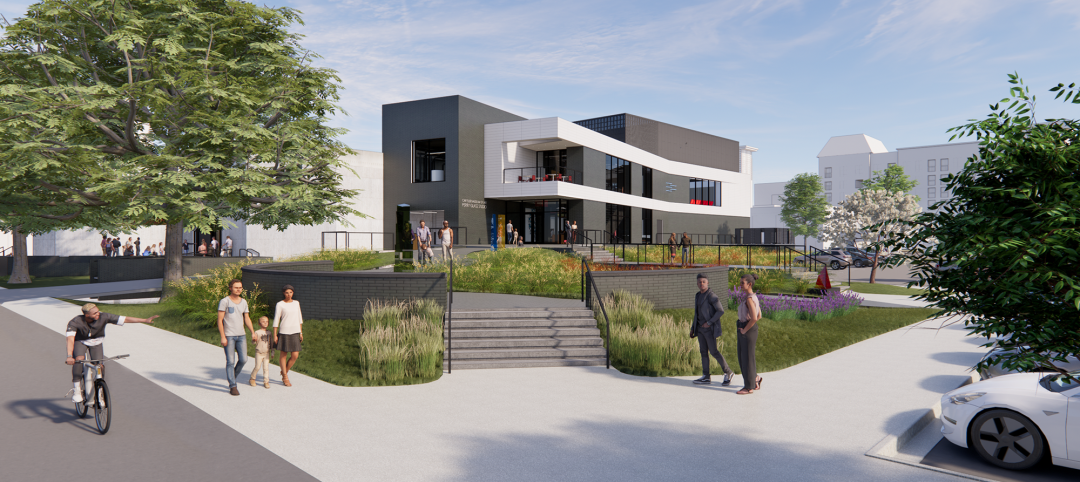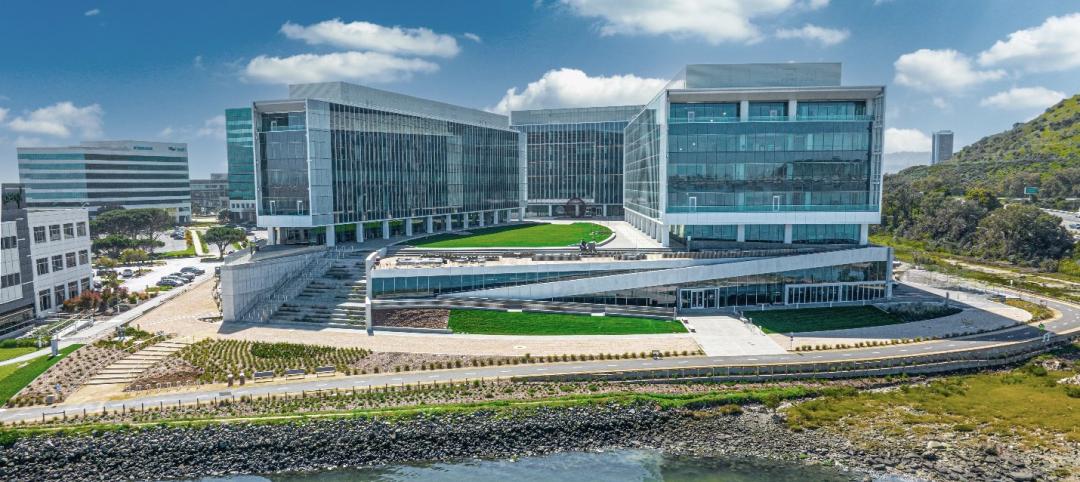In June, the U.S. Justice Department made headlines when it became the first federal agency to mandate implicit bias training for its employees. In the coming months, more than 23,000 agents from the ATF, DEA, FBI, and U.S. Marshals Service, and some 5,800 prosecutors, will receive the science-based coaching.
The goal is to better understand the “hidden,” or unconscious, characterizations and stereotypes—particularly pertaining to gender, nationality, social class, and race—that unknowingly affect agents’ decisions and actions in law enforcement situations. The Justice Dept. wants its employees to become more aware of their subconscious prejudices and learn how to shun them altogether.
Skeptics view the move as a knee-jerk reaction to the headline-grabbing, riot-sparking police shootings in Baton Rouge, La., Chicago, Cleveland, Ferguson, Mo., and North Charleston, S.C. But Justice Dept. officials cite successful implicit bias training programs at the local law enforcement level—in Baltimore, Los Angeles, New Orleans, New York City, and Seattle, to name a few—as the impetus for the directive.
“This program has been so well-received by our state and local counterparts, we thought it was something we should be offering to our federal agents, frankly, to get our own house in order,” Deputy Attorney General Sally Yates told Reuters.
Before writing off implicit bias education as the 21st century’s version of sensitivity training, consider this: Some of the world’s largest and most progressive companies—including Coca-Cola, Facebook, and Google—have implemented formal unconscious bias training programs. And other corporate and tech giants—Apple and Intel included—have invested heavily in diversity and inclusion initiatives.
These companies are tapping into the latest research in psychology and sociology not only to advance their diversity and inclusion efforts when it comes to hiring, promoting, compensation, and high-performance teaming, but also to gain a better understanding of the tendencies of their employees, colleagues, and customers. In short, they believe diversity and inclusion make good business sense, when done right.
“It’s not enough just to throw people together,” says diversity consultant and author Howard Ross. “People need to learn how to interact with each other appropriately. They need to learn that the more diversity we have, the more work we have to do.”
Ross says implicit bias impacts almost all facets of business: hiring, recruitment, mentoring, performance reviews, supervisory decisions, client service, marketing. It affects how business professionals view their market: what they see and hear, what they don’t see and hear, how they solve problems, how they interpret situations, how they set norms and expectations.
In November, at BD+C’s first annual Women in Design+Construction Conference in Dana Point, Calif., implicit bias expert Sally Jue, of consulting firm Cook Ross, will explore ways that unconscious bias affects the AEC industry, particularly women in the profession. Jue will lead a talk and workshop in which participants will examine their own background and identities so that they can interact more authentically with their employees, colleagues, clients, family, and friends.
For more on the WiD+C Conference, visit: www.BDCnetwork.com/WIDC.
David Barista, Editorial Director
dbarista@sgcmail.com
Related Stories
Office Buildings | Mar 27, 2024
A new Singapore office campus inaugurates the Jurong Innovation District, a business park located in a tropical rainforest
Surbana Jurong, an urban, infrastructure and managed services consulting firm, recently opened its new headquarters in Singapore. Surbana Jurong Campus inaugurates the Jurong Innovation District, a business park set in a tropical rainforest.
Cultural Facilities | Mar 27, 2024
Kansas City’s new Sobela Ocean Aquarium home to nearly 8,000 animals in 34 habitats
Kansas City’s new Sobela Ocean Aquarium is a world-class facility home to nearly 8,000 animals in 34 habitats ranging from small tanks to a giant 400,000-gallon shark tank.
Market Data | Mar 26, 2024
Architecture firm billings see modest easing in February
Architecture firm billings continued to decline in February, with an AIA/Deltek Architecture Billings Index (ABI) score of 49.5 for the month. However, February’s score marks the most modest easing in billings since July 2023 and suggests that the recent slowdown may be receding.
Cultural Facilities | Mar 26, 2024
Renovation restores century-old Brooklyn Paramount Theater to its original use
The renovation of the iconic Brooklyn Paramount Theater restored the building to its original purpose as a movie theater and music performance venue. Long Island University had acquired the venue in the 1960s and repurposed it as the school’s basketball court.
Adaptive Reuse | Mar 26, 2024
Adaptive Reuse Scorecard released to help developers assess project viability
Lamar Johnson Collaborative announced the debut of the firm’s Adaptive Reuse Scorecard, a proprietary methodology to quickly analyze the viability of converting buildings to other uses.
Security and Life Safety | Mar 26, 2024
Safeguarding our schools: Strategies to protect students and keep campuses safe
HMC Architects' PreK-12 Principal in Charge, Sherry Sajadpour, shares insights from school security experts and advisors on PreK-12 design strategies.
Green | Mar 25, 2024
Zero-carbon multifamily development designed for transactive energy
Living EmPower House, which is set to be the first zero-carbon, replicable, and equitable multifamily development designed for transactive energy, recently was awarded a $9 million Next EPIC Grant Construction Loan from the State of California.
Museums | Mar 25, 2024
Chrysler Museum of Art’s newly expanded Perry Glass Studio will display the art of glassmaking
In Norfolk, Va., the Chrysler Museum of Art’s Perry Glass Studio, an educational facility for glassmaking, will open a new addition in May. That will be followed by a renovation of the existing building scheduled for completion in December.
Sustainability | Mar 21, 2024
World’s first TRUE-certified building project completed in California
GENESIS Marina, an expansive laboratory and office campus in Brisbane, Calif., is the world’s first Total Resource Use and Efficiency (TRUE)-certified construction endeavor. The certification recognizes projects that achieve outstanding levels of resource efficiency through waste reduction, reuse, and recycling practices.

















